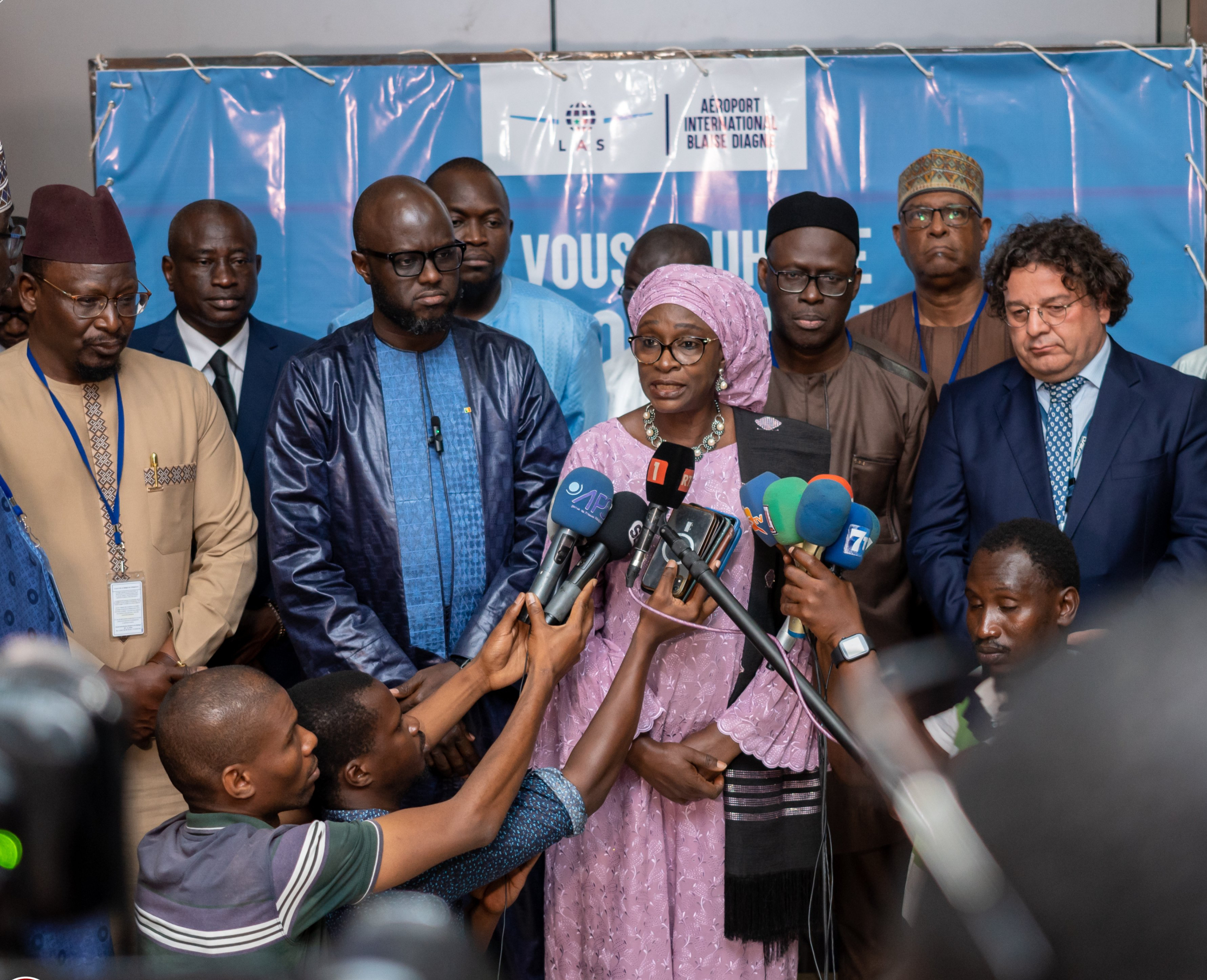Nigeria’s whistleblowing programme

President Muhammadu Buhari came to power in 2015 on a strong anti-corruption platform. On taking office, his administration launched a suite of corruption investigations which have seemingly overwhelmed the country’s main anti-corruption agency, the Economic and Financial Crimes Commission (EFCC). It has also overseen some important institutional and procedural reforms to reduce the ease with which money can be misappropriated from within the public sector. But such measures are the tip of an iceberg of much-needed reform to address the fundamental flaws that exist within a political, institutional and legal system that remains rooted in patronage. Meanwhile, the latest whistleblowing policy initiative is attracting some notable headlines following some high-profile cash seizures. But it has faced a number of operating problems and meanwhile, it papers over the failure to tackle these deeper issues within the country’s anti-corruption architecture through legislated change and institutional overhaul.
According to a report by PricewaterhouseCoopers (PwC), corruption is set to cost Nigeria around 37% of its GDP by 2030. The eye-watering sums that have circulated in connection with some of the country’s most recent corruption scandals – most notably in the downstream fuel sector – bear witness to the enormous burden that corruption places on the economy. With corruption now featuring higher on the political agenda, there is some hope that the government can bring about durable reform. But it will need to go beyond the easy-wins it has pursued so far and take on more challenging legislative reform to address key shortcomings in the investigations and judiciary structures that are currently at the forefront of the anti-corruption campaign.
Key successes of the current administration in tackling graft to date include the introduction of a Treasury Single Account (TSA) for public finances, which has strengthened the ring-fencing of over N7 trillion in public finances, according to the Accountant General of the Federation. The Central Bank of Nigeria (CBN) is also implementing tighter Know Your Customer (KYC) requirements, via the provision of Bank Verification Numbers (BVN) towards reducing money laundering activities in the country. Lastly as noted above, the Ministry of Finance initiated its whistle-blowing programme at the start of the year, which is aimed at encouraging citizens to report credible information concerning the theft of public funds. Although the line has faced numerous problems including claims it has ceased working, it has reportedly led to the recovery of around US$57 million in recent weeks – sums that have been celebrated in the media, albeit with a note of frustration at the continued scale of graft.
The whistleblowing programme enables individuals to report corruption or financial malpractice in public finances through an online platform set up by the Ministry of Finance, or by writing directly to the Ministry, which helps promote some level of confidentiality within the entire process. However, whistleblowers are still expected to provide their personal information if they are to be rewarded for their actions. According to the programme, whistleblowers will receive 2.5% to 5% of the value of funds retrieved by the government for any useful information they provide. The law may permit the disclosure of their identities in some special cases, but under the condition that they also receive protection from the government.
Last month, allegations arose linking the secretary to the federal government and the head of the National Intelligence Agency (NIA) to US$43 million worth of funds recovered by the EFCC from an apartment in Lagos. This led to the suspension of both public officers who are currently being investigated by a special committee set up by the Presidency. But Nigeria has too often seen these types of headlines, which have not been followed up by rigorous, independent investigation and effective prosecution, allowing culprits to fall from the radar of public scrutiny and judicial sanction. This underlines the limitations in the current anti-corruption campaign without more far-reaching reform. Such reform needs to focus on the current lack of genuine institutional independence, coordination and capacity to overcome powerful vested interests in a political system in which patronage and influence often trump due process.
Increased partnerships will also help strengthen the campaign’s drive as proven by the EFCC and Federal Inland Revenue Service’s (FIRS) combined efforts to deal with tax fraud which can help contribute to increased fiscal transparency. Private sector operators can also partner with the public sector, as exemplified by the Association of Chartered Certified Accountant’s (ACCA) partnership with the government to host a capacity-building programme centred around anti-corruption in June 2017. Meanwhile, the private sector also has an important role to play in shifting attitudes by instituting robust compliance and anti-bribery and -corruption standards to set a clear example.
Both private sector operators and the government have made positive strides to reduce the opportunities for corrupt activities to take place in recent years. But gains can be transient if not supported by deeper reform, and in this respect, the Buhari administration has some way to go towards cementing its legacy as an effective champion in tackling corruption within the system.
Kadiri Otaru is an Associate Consultant in the Intelligence and Analysis team, providing business intelligence and political analysis for the financial, infrastructure and ICT industries. He has over four years of experience in research. Prior to working at Africa Practice, Kadiri was a Research Analyst at the Nigerian Economic Summit Group (NESG), Nigeria’s foremost think-tank. Before then, he was a Researcher/Co-producer of Business News at a former pan-African news channel (NetworkNews24). He has a degree in Economics from the University of Abuja and a Post-Graduate Diploma in Management from Obafemi Awolowo University.
Zephia Ovia is an Analyst in the Intelligence and Analysis team, providing political and commercial insights across the public and private sector. She has worked on projects for international development agencies and private sector stakeholders. Prior to joining Africa Practice, Zephia worked at Vetiva Capital Limited, an indigenous Investment Bank. She holds a Master’s degree in Development Studies from the London School of Economics (LSE). She has also interned at the South African Parliament in Cape Town.
Proud to be BCorp. We are part of the global movement for an inclusive, equitable, and regenerative economic system. Learn more


